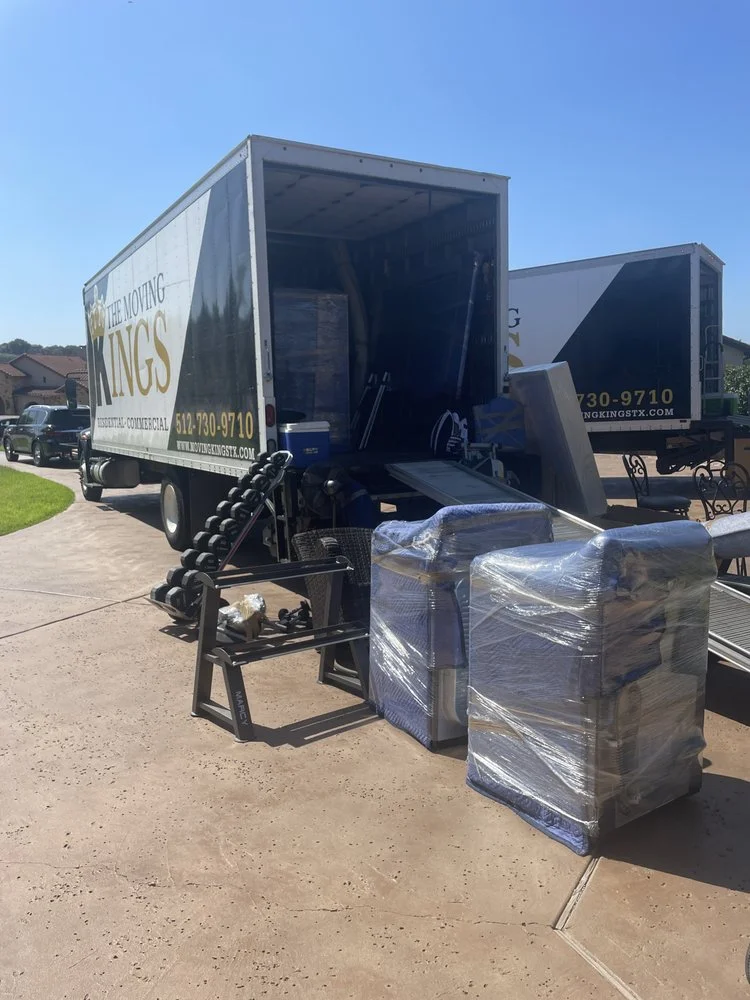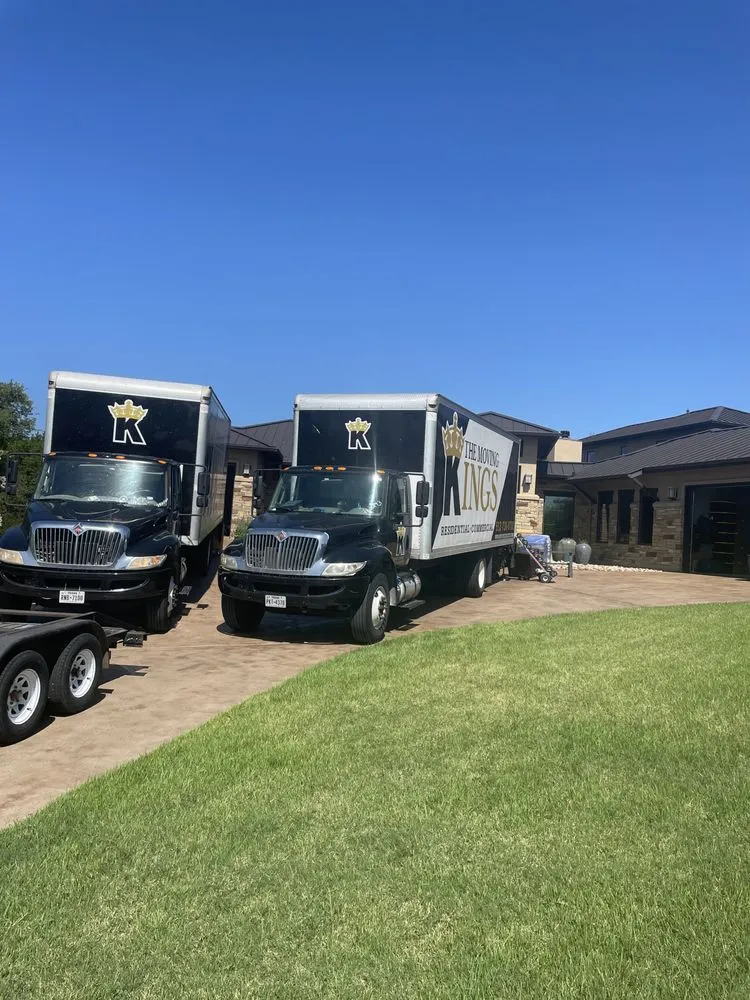Introduction
Moving your office can be a daunting task, but with proper planning and organization, it can be a smooth and efficient process. In this guide, we’ll walk you through the steps to streamline your office move in Austin, Texas, ensuring minimal disruption to your business operations.
Planning Your Office Move
Before diving into the logistics of the move, it’s essential to establish a clear plan. Start by setting a timeline that outlines key milestones leading up to the moving day. Determine a budget that covers expenses such as hiring movers, leasing a new space, and purchasing supplies. Create a comprehensive moving checklist to keep track of tasks and deadlines.
Finding the Right Office Space
Choosing the perfect office space in Austin requires careful consideration of various factors. Consider the location’s accessibility for employees and clients, as well as its proximity to amenities and transportation hubs. Evaluate the size and layout of the space to ensure it meets your business needs, now and in the future. Additionally, consider amenities such as parking, security, and nearby dining options.
Hiring Professional Movers
While it may be tempting to handle the move internally, hiring professional movers like The Moving Kings can save you time, money, and stress. Research moving companies in Austin and obtain quotes from multiple providers. Ensure that the company is licensed, insured, and has positive reviews from past customers. Discuss any specific requirements or concerns you have regarding the move.
Organizing and Packing
Before packing up your office, take the time to declutter and organize your belongings. Dispose of any unnecessary items or outdated equipment to streamline the moving process. Label boxes and furniture with their contents and destination in the new office to facilitate unpacking. Use proper packing materials to protect fragile items during transit.
Managing IT Infrastructure
One of the most critical aspects of an office move is managing your IT infrastructure. Back up essential data and files to prevent loss or corruption during the move. Coordinate with your IT team or service provider to disconnect and reconnect technology such as computers, phones, and internet connections. Update contact information for vendors, clients, and service providers.
Updating Address and Utilities
To ensure a seamless transition, notify clients, vendors, and other stakeholders of your change of address well in advance of the move. Update your address with the USPS and any relevant business registries or directories. Arrange for the transfer or setup of utilities such as electricity, water, and internet service in the new office.
Furniture and Equipment Setup
Create a floor plan for your new office layout to optimize space and workflow. Assemble furniture according to the plan, ensuring that each workstation is ergonomic and functional. Install equipment and appliances such as printers, copiers, and kitchen appliances in their designated areas. Test each item to ensure proper functionality before employees arrive.
Employee Communication and Support
Effective communication is key to ensuring a smooth transition for your employees. Keep them informed of the moving timeline, logistics, and any changes to their workspace or routine. Offer support and assistance to help alleviate any concerns or uncertainties they may have about the move. Encourage collaboration and teamwork to foster a sense of camaraderie during the transition.
Testing and Finalizing Setup
In the days leading up to the move, conduct thorough testing of all IT systems, equipment, and utilities in the new office. Ensure that computers are connected to the internet, phones are working, and utilities are functioning correctly. Address any last-minute issues or concerns to minimize disruption on moving day.
Celebrating the Move
Once the move is complete, take the time to celebrate this significant milestone with your team. Host an office-warming party to welcome employees to the new space and showcase its features. Recognize and appreciate the hard work and effort that went into making the move a success. Embrace the opportunities that come with a fresh start in a new workspace.
Post-Move Evaluation
After the dust has settled, take the time to evaluate the moving process and identify areas for improvement. Gather feedback from employees about their experience and any challenges they encountered during the move. Use this feedback to refine your approach for future relocations and ensure continued efficiency and effectiveness.
Maintaining Efficiency in the New Office
With the move behind you, focus on maintaining efficiency and productivity in your new office environment. Establish organization systems and workflows that support your business operations. Invest in ergonomic workstations and furniture to promote employee health and well-being. Encourage collaboration and creativity to drive innovation and growth.
Adapting to the Austin Business Environment
As you settle into your new office in Austin, take the time to familiarize yourself with the local business environment. Attend networking events and industry conferences to connect with other professionals and potential clients. Familiarize yourself with local regulations and permits that may impact your business operations. Embrace the unique opportunities and challenges that come with doing business in the vibrant city of Austin.
Conclusion
Streamlining your office move in Austin, Texas, requires careful planning, organization, and communication. By following the steps outlined in this guide, you can minimize disruption to your business operations and ensure a successful transition to your new workspace. Remember to celebrate your accomplishments and seek feedback to continually improve your moving process.






